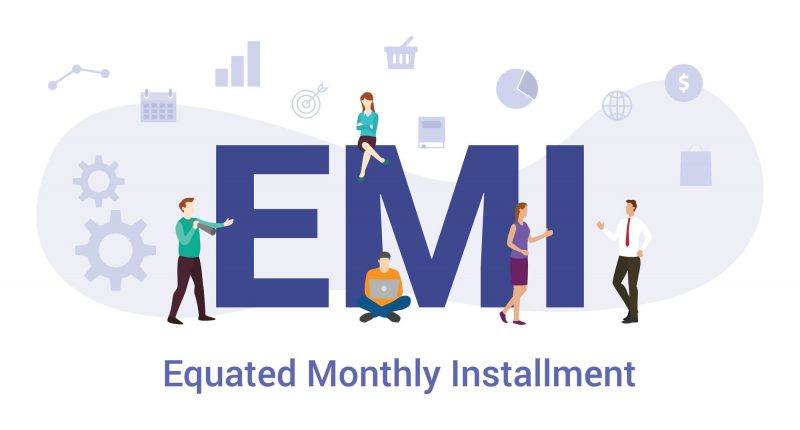An equated monthly instalment (EMI) is a fixed payment amount made by a borrower to a lender on a specific date on a monthly basis. EMIs are used to pay off the interest as well as the principal amount each month. This way, the loan is paid off in full in a specified timeframe.
In this regard, no-cost or zero-cost EMI has emerged as a popular scheme, especially among retail buyers of white goods.
If an individual chooses a no-cost EMI scheme for a purchase, then no interest or processing fees will be charged on the payment of monthly instalments for that product. Simply put, the individual will only pay the full price of the product, divided into EMIs.
The processing fees for the loan may be borne by the borrower as an EMI loan, or by the retailer as a merchant discount rate (MDR) in the case of a no-cost EMI scheme.
However, the no-cost EMI applies only in the case of the full amount. The benefits of discounts are taken away which would be available otherwise when full payment is made. In addition, the no-cost EMI scheme does levy some processing charges.
Ideally, an individual must compare the implicit interest rate on a no-cost EMI option and the explicit interest rate on an EMI option to make the right choice.
A prime difference between the no-cost and normal EMI schemes is that the regular EMIs consist of the cost of the product plus interest as well as processing fees. In the case of no-cost EMIs only consist of the product’s price.
There are many banks that offer no-cost EMI schemes in different options. While going for a no-cost EMI, an individual can choose different repayment tenures as per the requirement, which could range from 3-24 months.
In the end, use your discretion while opting for a no-interest EMI scheme. While you may not be paying the interest on the purchase of a product under a no-cost EMI scheme, banks charge an 18% Goods Services Tax (GST) on the interest, which you are required to pay.

Rajiv is an independent editorial consultant for the last decade. Prior to this, he worked as a full-time journalist associated with various prominent print media houses. In his spare time, he loves to paint on canvas.





